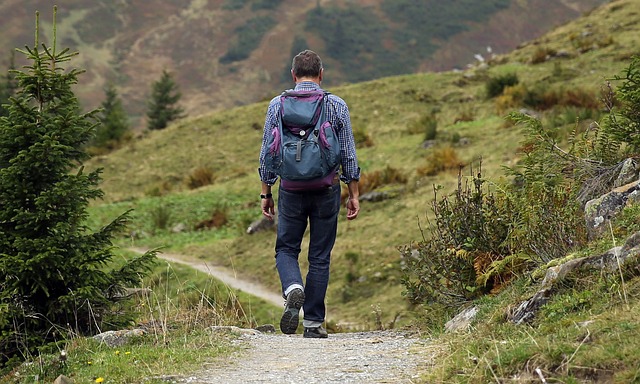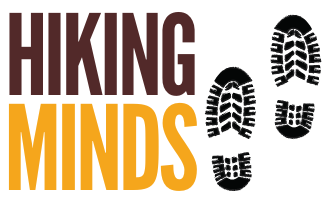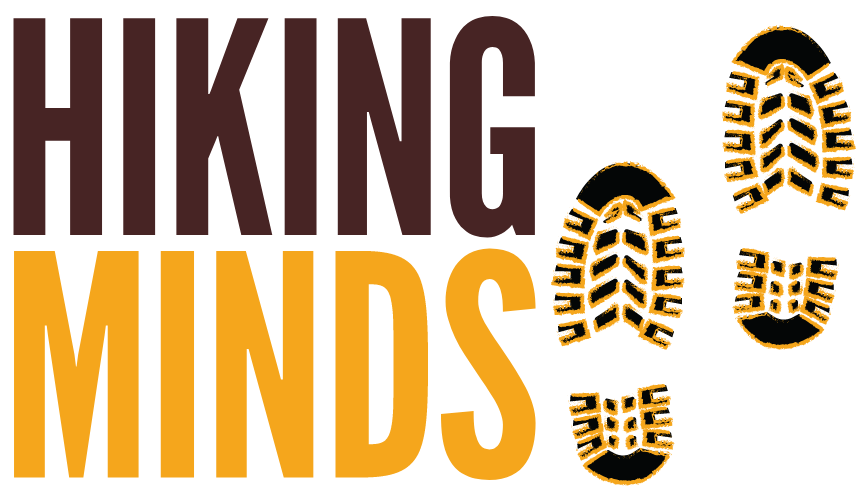Hiking Gear
Hiking gear refers to the essential equipment and supplies that hikers carry to ensure their safety, comfort, and preparedness during outdoor adventures. It encompasses a wide range of items, including footwear, clothing, backpacks, navigation tools, first aid kits, and camping gear. Hiking gear is crucial because it plays a vital role in enhancing the overall hiking experience and mitigating potential risks. Proper footwear provides stability and protects the feet from injuries, while appropriate clothing protects against weather conditions. The right gear ensures hikers are equipped for emergencies and enables them to navigate through challenging terrains with confidence, making it an indispensable component of any hiker’s journey.

Hiking gear components
When preparing for a hiking trip, there are several essential parts of hiking gear that you will need to ensure a safe and enjoyable experience:
- Footwear: Invest in a good pair of hiking boots or shoes that provide ankle support, have a sturdy sole for traction, and are made of waterproof or water-resistant materials.
- Clothing: Dress in layers to accommodate changing weather conditions. Choose moisture-wicking and quick-drying materials for your base layer, an insulating mid-layer, and a waterproof or windproof outer layer. Don’t forget a hat, gloves, and extra socks. Choosing comfortable hiking trousers is important too.
- Backpack: A durable backpack with proper support and adjustable straps is essential for carrying your gear. Look for one with multiple compartments and a capacity suitable for your hike’s duration.
- Navigation Tools: Carry a map and compass, or use a GPS device or smartphone app to navigate your route. It’s crucial to be able to orient yourself and stay on track.
- Camping Gear: If your hike involves overnight stays, you’ll need a tent, sleeping bag, sleeping pad, and possibly a camping stove and cookware. Choose lightweight and compact options to minimize the weight you carry.
- First Aid Kit: Accidents can happen, so pack a well-stocked first aid kit containing bandages, disinfectant, pain relievers, blister care items, and any necessary personal medications.
- Water and Food: Carry enough water for your hike, and consider a water purification system for longer trips. Pack lightweight, high-energy snacks and meals that require minimal preparation.
- Lighting: A headlamp or flashlight is essential for navigating in low-light conditions or during nighttime hikes. Don’t forget to bring extra batteries.
- Safety Equipment: Depending on the terrain and trail conditions, you may need additional safety gear such as trekking poles for stability, a whistle for emergencies, and bear spray if you’re hiking in bear country.
- Personal Items: Carry personal essentials like sunscreen, insect repellent, a pocket knife or multi-tool, a lighter or matches, a fully charged cellphone, and a lightweight rain cover or poncho.
Remember that the specific gear you need may vary depending on the difficulty and duration of your hike, the climate, and the location. Always research your hiking route and consult experienced hikers or outdoor professionals for gear recommendations tailored to your specific adventure.
Hiking gear maintenance
Investing in high-quality hiking gear is essential for a safe and enjoyable outdoor experience. To make the most of your gear and ensure its longevity, regular maintenance is crucial. Proper care will not only extend the life of your equipment but also enhance its performance when you’re out on the trail. Here are some useful tips to help you maintain your hiking gear in excellent condition.
-
Clean and Dry Your Gear: After each hiking trip, make sure to clean your gear thoroughly. Remove any dirt, mud, or debris from your boots, backpack, and tent. Use a brush, mild soap, and water to clean the surfaces. Allow everything to dry completely before storing to prevent mold, mildew, and unpleasant odors.
-
Check and Repair: Regularly inspect your gear for any signs of damage or wear. Check for loose seams, tears, or broken zippers on your clothing, backpack, and tent. Repair any issues promptly using appropriate repair kits or patches. Taking care of small problems early on can prevent them from becoming more significant and costly to fix later.
-
Waterproofing: Maintaining the waterproof properties of your gear is crucial, especially for items like jackets, pants, and tents. Regularly apply a waterproofing treatment to restore or enhance their water repellency. Follow the manufacturer’s instructions and ensure your gear is thoroughly dry before applying the treatment.
-
Proper Storage: Storing your hiking gear correctly is vital to protect it from damage and deterioration. Clean and dry all your equipment before storing it. Keep your gear in a cool, dry, and well-ventilated area to prevent mold, mildew, and rust. Hang your backpack to maintain its shape and avoid compression of materials. Store your boots in a clean and dry location, ensuring they are not exposed to extreme temperatures.
-
Maintain Your Footwear: Footwear is one of the most critical pieces of hiking gear. Take care of your boots or shoes by cleaning them after each hike. Remove insoles and allow them to dry separately. If your footwear is leather, apply a leather conditioner to keep it supple and prevent cracking. Inspect the soles for wear and replace them if necessary for optimal traction and safety.
-
Follow Care Instructions: Always refer to the care instructions provided by the manufacturer for specific maintenance guidelines. Different gear materials and technologies may require different care methods. Follow the recommended washing instructions for your clothing, sleeping bag, and other items to preserve their performance and integrity.
Conclusion: Maintaining your hiking gear in good condition is a vital part of being a responsible outdoor enthusiast. By following these tips, you can ensure that your gear remains reliable, durable, and ready for your next adventure. Regular cleaning, inspection, repairs, and proper storage will help you get the most out of your equipment, providing you with years of safe and enjoyable hiking experiences.
Trails
Nature
Forest
Mountain
Coastal
Urban
''The journey of a thousand miles begins with a single step.''

